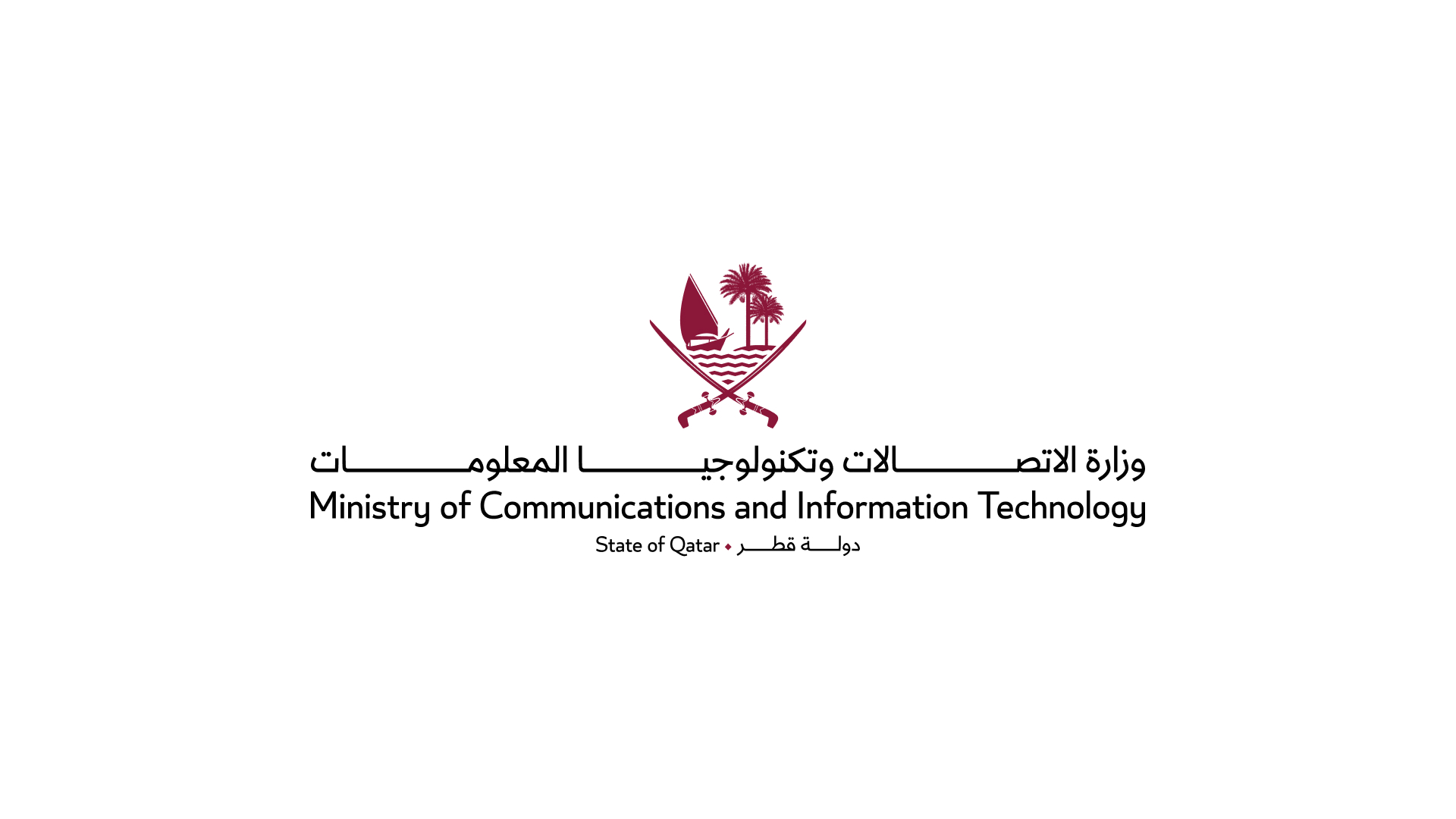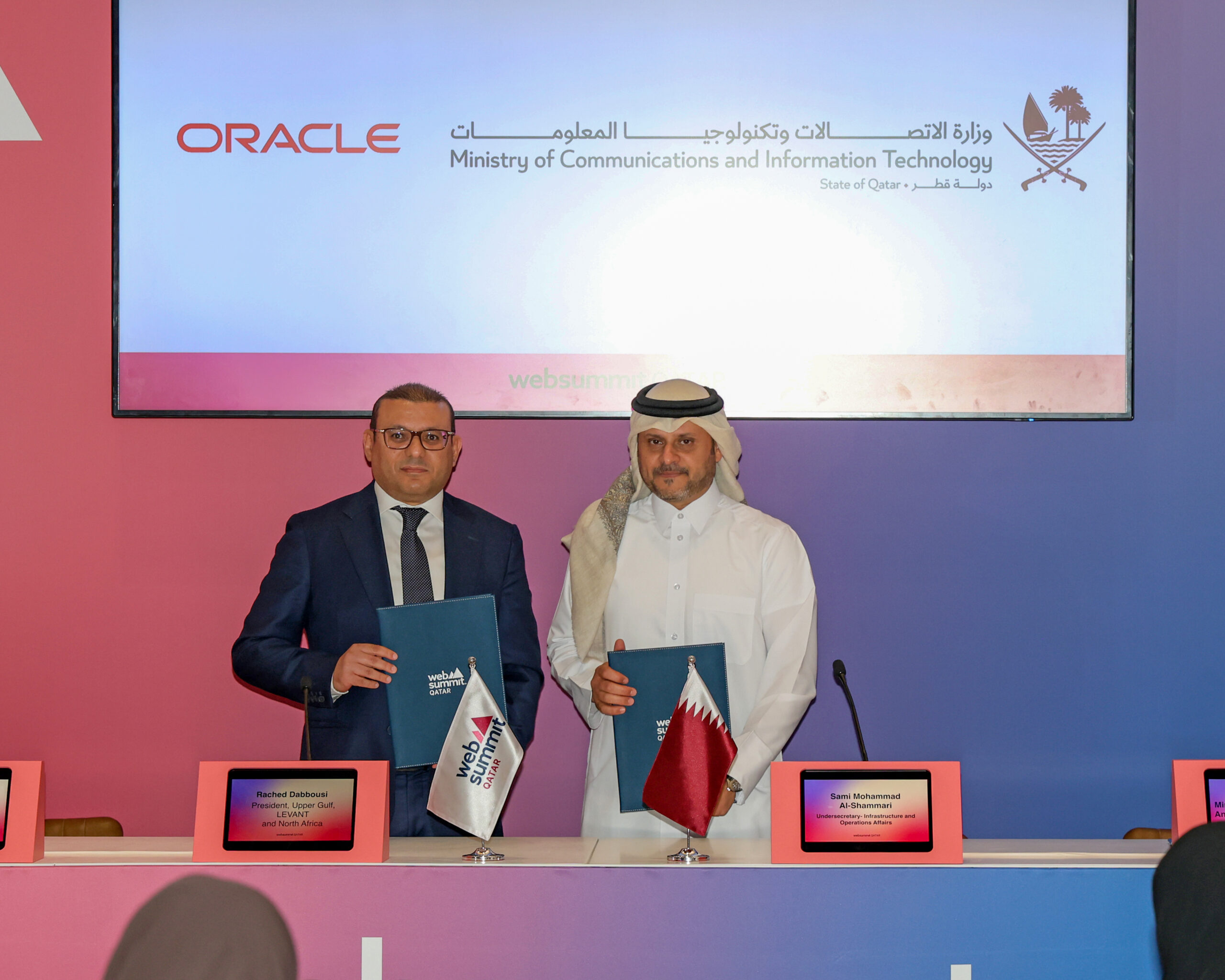- English

MCIT Main Partners in Organizing the International Conference on AI and Human Rights
- The Ministry’s participation focuses on showcasing national initiatives that support the ethical and responsible use of artificial intelligence technologies.
- The Ministry will highlight the ethical principles and guidelines for the development and use of AI technologies, recently launched by the Ministry.
- This participation reaffirms the Ministry’s role in promoting regional and international dialogue on the ethical challenges of AI, offering practical insights to strike a balance between innovation and the protection of fundamental rights.
As part of its ongoing commitment to employing technology in service of humanity and supporting the ethical use of emerging technologies, the Ministry of Communications and Information Technology (MCIT) is partnering in organizing the International Conference on Artificial Intelligence and Human Rights, hosted by the National Human Rights Committee on 27–28 May under the theme: “Artificial Intelligence and Human Rights: Opportunities, Risks, and Visions for a Better Future.”
The conference aims to explore the growing impact of AI technologies on human rights, bringing together policymakers, international experts, representatives from global organizations, public and private sector leaders, and academia.
During the conference, the Ministry will highlight national efforts to establish regulatory and ethical frameworks for the use of AI, ensuring optimal benefits while mitigating potential risks to human rights. These efforts include a set of policies and legislation introduced by the Ministry to enhance transparency and accountability in the development and deployment of AI systems—particularly with regard to safeguarding individual privacy, ensuring fairness, and promoting inclusivity in the digital space.
The Ministry’s participation will also feature key activities that highlight leading national initiatives to strengthen digital governance. At the forefront is the set of ethical principles and guidelines for the development and use of AI, recently issued by the Ministry as part of its commitment to fostering a safe digital environment that respects the cultural and human values of Qatari society.
Mr. Hassan Jassim Al-Sayed, Advisor to the Minister of Communications and Information Technology and Artificial Intelligence Committee Chairman, will take part in a panel discussion titled: “Best Practices for Using Artificial Intelligence in Accordance with Ethical Standards” as part of the conference sessions scheduled for 27 May 2025. The panel will explore key elements of AI governance, best practices informed by international conventions and ethical principles, and reviews of advanced regulatory frameworks—contributing to the development of comprehensive governance systems that ensure fairness and equal access in the age of AI.
MCIT has recently published two guiding documents on the ethical principles for the use and development of AI technologies, titled: “Principles and Guidelines for Ethical Development and Deployment of Artificial Intelligence” and “Principles and Guidelines for Ethical Use of Artificial Intelligence” These documents aim to provide a comprehensive framework to assist both users and developers in engaging with AI responsibly emphasizing transparency, privacy, data protection, minimization of technical and environmental risks, and respect for individual rights at all stages of intelligent system development.
MCIT’s participation is part of a broader national strategy aimed at ensuring a meaningful balance between digital advancement and the protection of human rights. Through this involvement, the Ministry aims to advance global dialogue on aligning innovation with core human values — particularly privacy, fairness, and transparency — ensuring that AI serves as a driver for improved quality of life and sustainable development.




